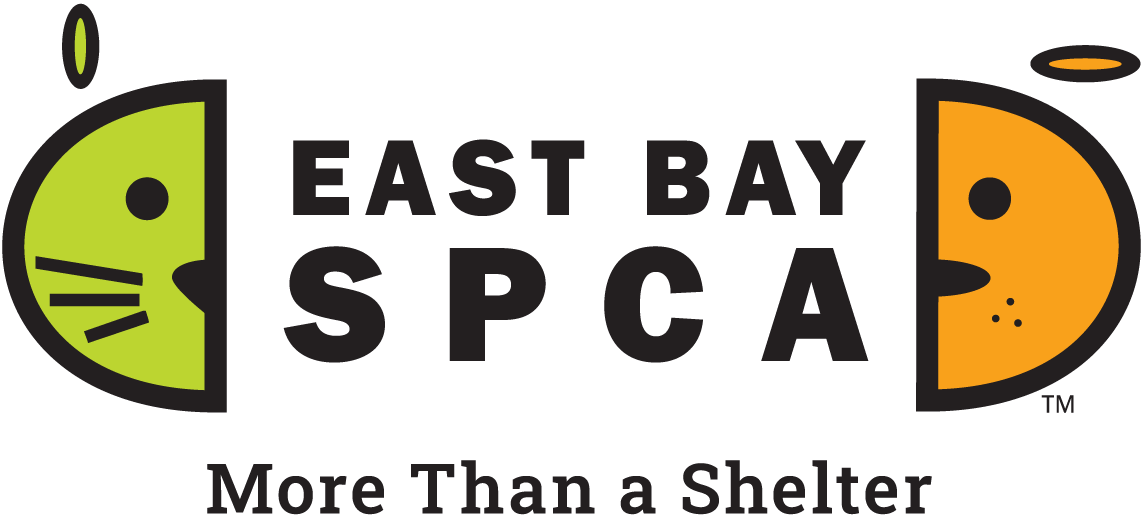More Than a Shelter 2027
We envision a more compassionate world for people and companion animals.
Our mission is to transform the lives of cats and dogs by enriching the human-animal bond through respected and accessible expertise.
As we celebrate our 150th anniversary, may we be inspired by our impactful journey as a symbol of hope and empathy. We are More Than a Shelter, enriching the human-animal bond and transforming lives. Give now in honor of this pivotal moment in our history and community.
– Allison Lindquist, President/CEO, East Bay SPCA
Converging Challenges
We are at a time of convergence of crises across animal care and community.
We are at a moment when we must take action together to evolve and build sustainable support for people and companion animals.
| The Population Gap | |
| In 2020, 2% more animals left shelters than came into them. In 2021, the gap flipped to 2% more coming in than leaving. In 2023, we stand at 5% more coming in than leaving. This is leading shelters to experience higher populations and longer stays for animals. The stray intake rate for dogs has increased significantly. January-May 2023 showed a 10% increase compared to 2022 and a rise of 30% compared to 2021. -Shelter Animals Count |
| Instability & Inequity |
| “People who did part with their pets often cited a housing change, typically to a residence that did not allow pets or a job change that left them unable to properly care for the animal.” “The animal adoption crisis is less about unwanted pandemic pets, animal advocates say, and more about the post-pandemic economy and societal shifts.” -The Hill The Alameda County Food Bank reports that one in four residents of Alameda County struggles to put food on the table. |
| Staffing Shortage |
| Over 130,000 veterinary technicians and over 40,000 veterinarians are needed by 2030 within private veterinary practices; this isn’t including the need among animal shelters & rescues, and needs of other groups caring for animals. -MARS Veterinary Health Sixty-nine percent of animal shelters report their own lack of access to care for animals in preparation for adoption is negatively impacting their organizations. -The Association for Animal Welfare Advancement |
| Spay/Neuter Decline |
| According to a study published in Frontiers of Veterinary Science, there is an estimated deficit of more than 2.7 million spay-neuter surgeries that animal welfare organizations have yet to address due to reduced spay/neuter during the COVID lockdown. |
Taking Action
The needs of animals and people are more complex than ever. Being More Than a Shelter means supporting the increasing and changing needs of animals and people in our community and beyond, innovating, and defining the path forward for our field.
We believe all people, regardless of their housing situation, income level, race, spoken language, or access to resources, should be able to experience the joys of the human-animal bond.
We are taking action to meet the converging challenges by:
| Achieving a More Humane Community |
| Promoting respect for all living things fosters a compassionate world for people and companion animals. By developing strategic partnerships, we will multiply our impact. |
How do we get there?
Building relationships with human service organizations and increasing the positive impact on the human-animal bond is critical to success.
How will we know success?
- Decrease the wait time for public services
- Increase the number of clients served
- Expanding education programming to support the future of animal welfare advocates
- Leverage partnerships to improve access to services.
| Serving the Evolving Needs of Pets & People |
| Scientific research demonstrates the benefits of the human-animal bond. We are committed to meeting the increasing needs of pets and their people through innovative programs and services that save lives and preserve the human-animal bond. |
How do we get there?
Acting as a community resource during challenging times, increasing the volume and range of accessible, high-quality services, and aligning how we serve our community to ensure respect for all.
How will we know success?
- Develop a comprehensive disaster response plan.
- Ensuring community members can access our public programs, regardless of financial means.
- Committing to continuing to evolve with the changing standards for animals in our care.
| Promoting a Culture of Value & Growth |
| Utilizing our expertise, we will be poised to meet the complex needs of people and animals. Embedding diversity, equity, and inclusion as principles and practices across our work is critical to building upon the trust our community has in us. |
How do we get there?
We will implement best practices within our field and through partnerships. We are committed to ensuring respect for people and animals is at the core of how we work.
How will we know success?
- Making the customer experience welcoming and accessible.
- Partnering with veterinary clinics in our community to mitigate the veterinary staffing shortage.
- Commitment to ongoing professional development.
- Increasing our volunteer program by fifty percent, emphasizing reflecting our community amongst our volunteers.

